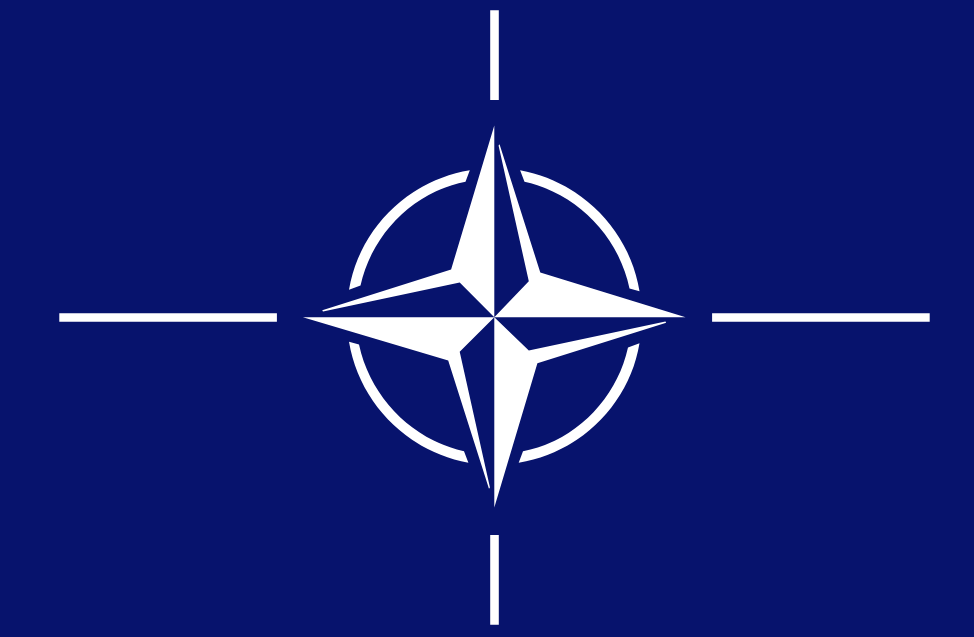Results:
- The leaders of the 29 NATO countries approved the creation of 30 battalions and 30 air squadrons which can be deployed within 30 days or less, all by the year 2020.
- The alliance decided to update the structure of their military management bodies, which will include over 1,200 personnel, and to create two new command structures to ensure rapid deployment of bloc forces in the Atlantic region (command in Norfolk, Virginia) and in Europe (Ulm, Germany)
- NATO will establish units for cyber-defense and combating hybrid threats.
- NATO will formulate a non-combat mission in Iraq, led by Canada. The country will send military instructors (250 in total) to lead a new mission from Autumn 2018 to Autumn 2019. The goal is to create an effective national security system in Iraq and train new personnel.
- National plans were crafted to increase the military expenditures of alliance countries by $ 266 billion by 2024.
- Macedonia was officially invited to join NATO
The stumbling blocks of NATO summit
- Nord Stream – 2
A scandal erupted over “Nord Stream-2” with the US lobbing accusations against Germany. The finalized statement poignantly states that the NATO countries agree to ensure the safety of the alliance from “political manipulation in the energy sector.”
“Stable and reliable energy supply, diversification of import routes, suppliers and energy resources, as well as interconnection of energy networks are of key importance and increase our stability in the face of political and economic pressure,” the document says.
The argument was connected with the fact that on the eve of the summit the Americans presented a bill obliging the Secretary of State, the Minister of Finance and the Director of the National Intelligence to prepare reports in connection with the construction of the Nord Stream-2 gas pipeline.
Donald Trump’s tirade against Nord Stream-2 and Germany was perhaps the most highlighted event of the summit:
“I have to say, I think it’s very sad when Germany makes a massive oil and gas deal with Russia where we’re supposed to be guarding against Russia,” Trump said at a breakfast with Stoltenberg. “We’re supposed to protect you against Russia but they’re paying billions of dollars to Russia and I think that’s very inappropriate.”
Lithuanian President Dalia Grybauskaite supported Trump’s position regarding the pipelines construction.
Meanwhile, French President Emmanuel Macron expressed disagreement Trump, saying he does not feel that Germany has any dependence on Russia (especially on energy issues).
- The Military question
During the summit Trump urged counties not to wait for 2025 to increase spending to 2% of GDP on defense by European NATO-countries, and to instead adapt this standard “immediately.”
Donald Trump had already mentioned in his election campaign that Washington is overpaying for the defense of other NATO countries – thus, US demands are just a natural continuation of Trump’s rhetoric. On the eve of the Brussels talks, Trump sent letters to the prime ministers of Germany, Spain, Italy, Portugal, Norway, Belgium, the Netherlands and Luxembourg, calling for an increase in military spending.
In 2006, NATO countries signed an agreement to spend at least 2% of their GDP on military spending, but by 2017 this standard was still unfulfilled by everyone except for the United States, Greece, Great Britain, Estonia and Poland. Meanwhile in 2018 the US military budget grew to $ 692 billion (twice the 28 other members of the Alliance).
What’s going on?
Relations between Europe and the USA are in a critical state. This is connected with trade wars (also affecting Mexico, Canada and Japan), the scandalous negotiations at the G7 in Quebec, and Trump’s decision on the withdrawal of the US and Jerusalem from the Iranian deal.
Stoltenberg expressed the hope that the summit will stabilize relations between the US and Europe. He plans sign a joint declaration with Donald Tusk and European Commission Chairman Jean-Claude Juncker on expanding NATO-EU cooperation. Considering recent discussions regarding PESCO and the European army, NATO is seriously concerned about becoming useless, and hopes instead to expand its influence in Europe. For many it still remains unclear which side Trump is on.
















Leave a Reply